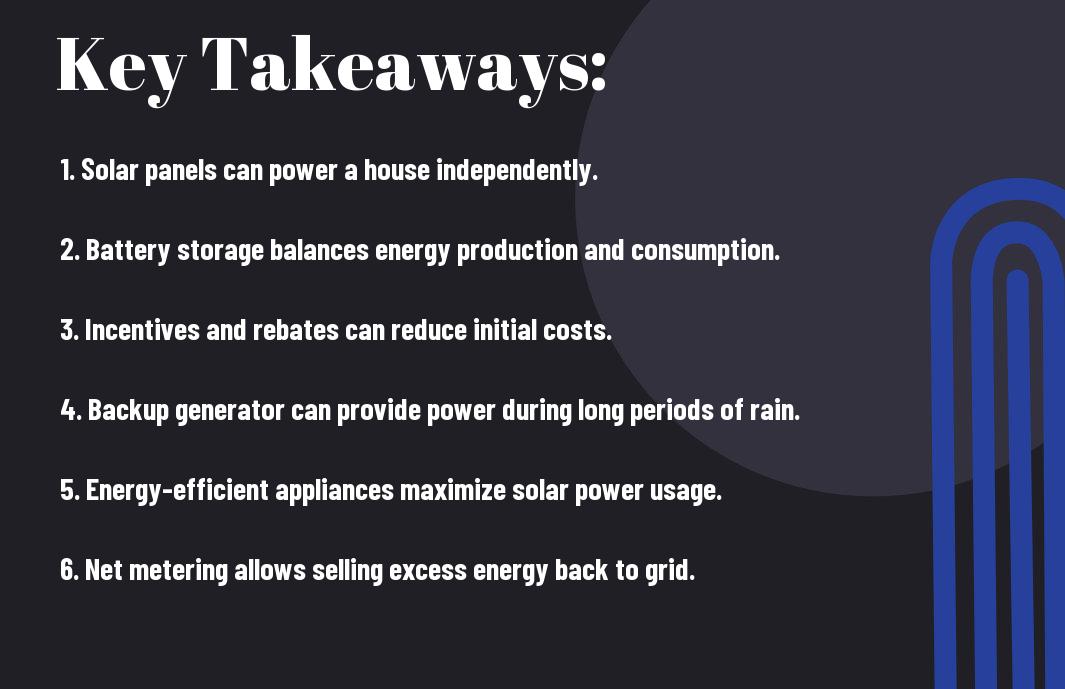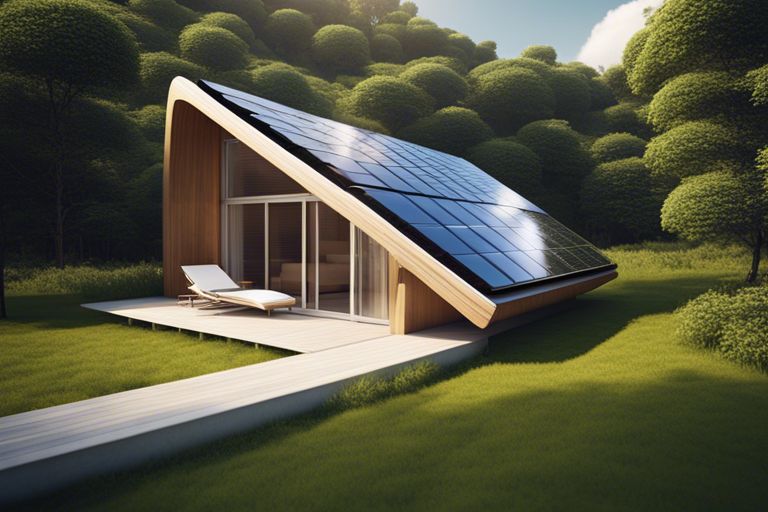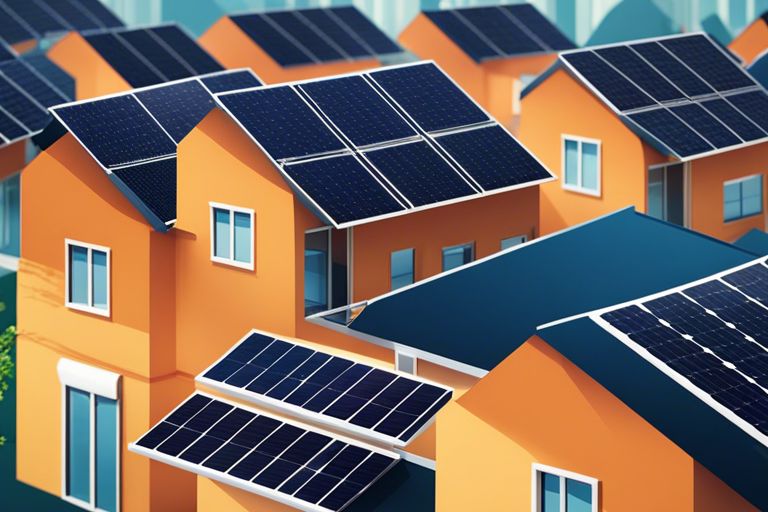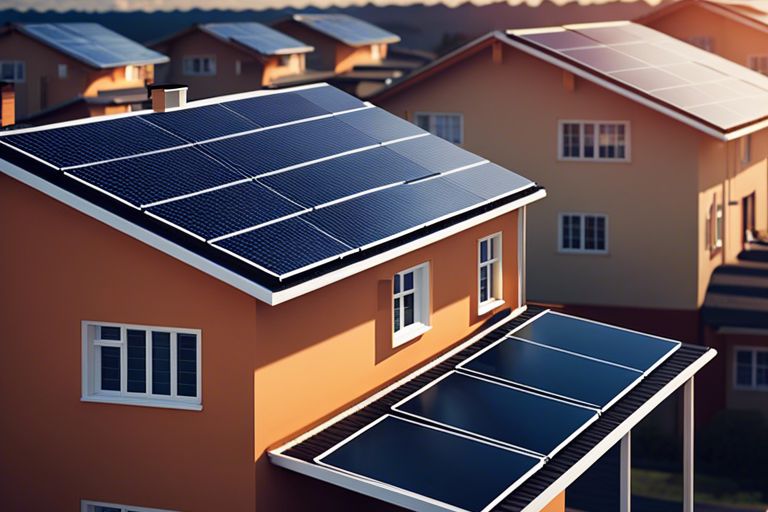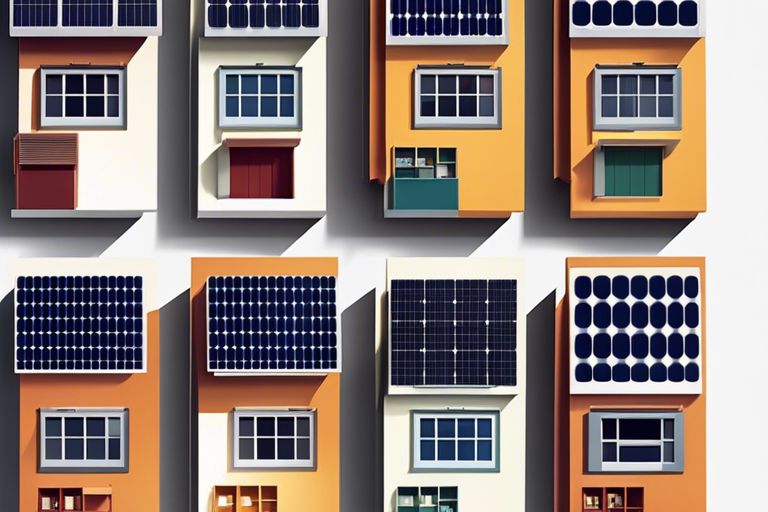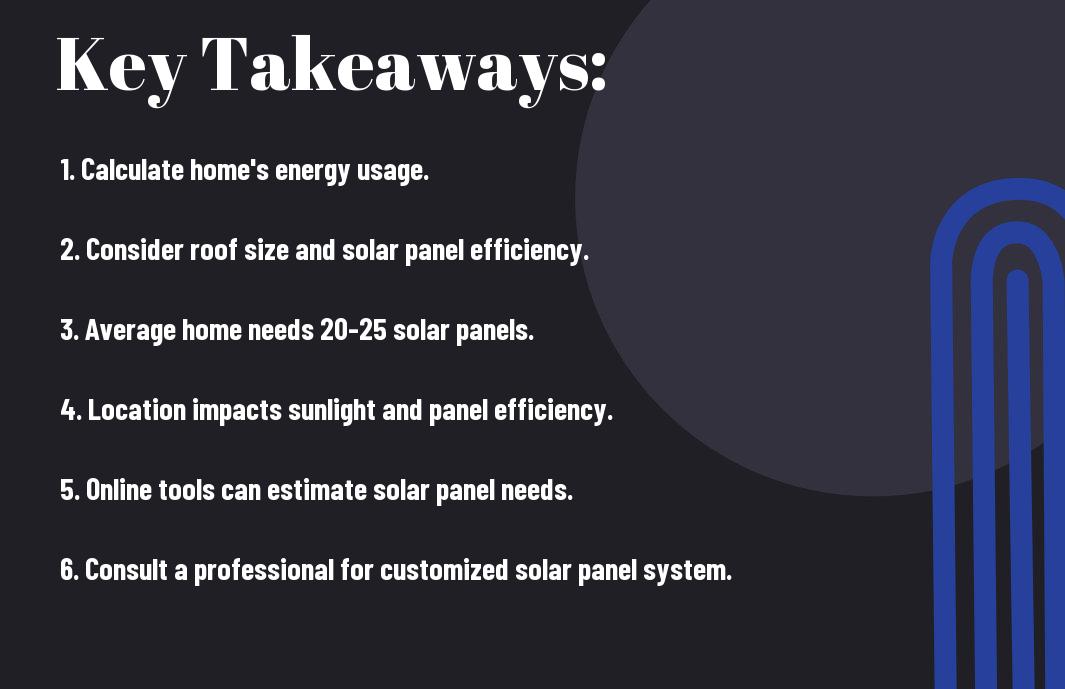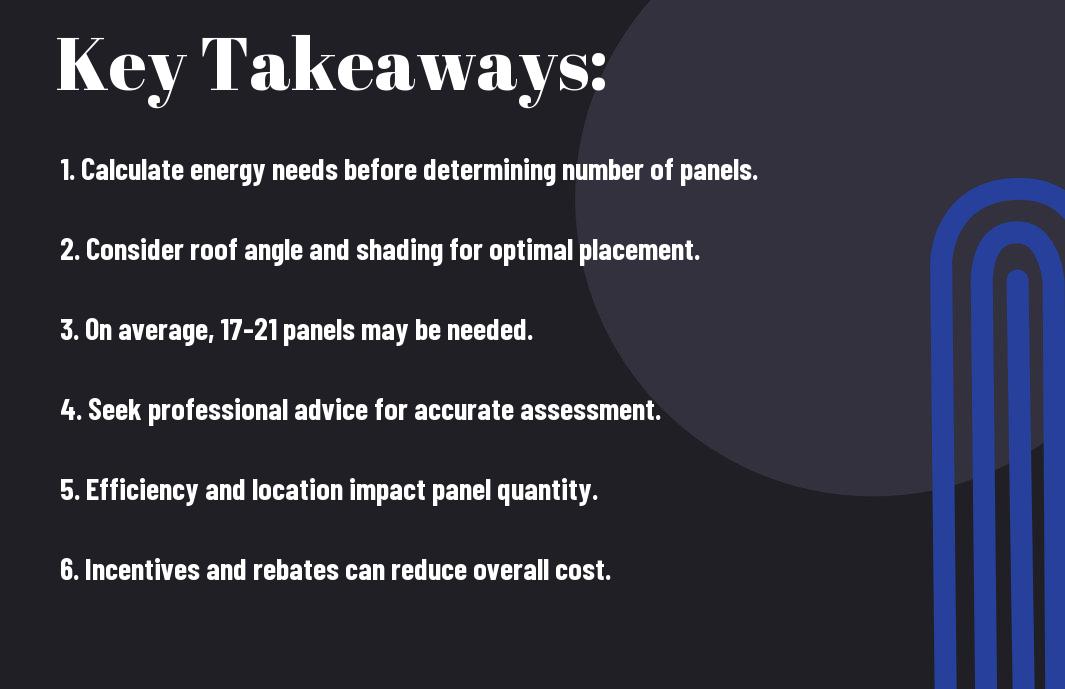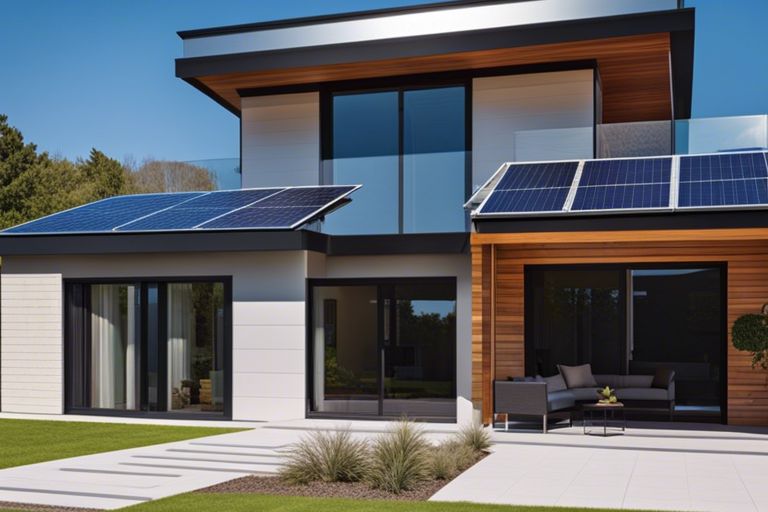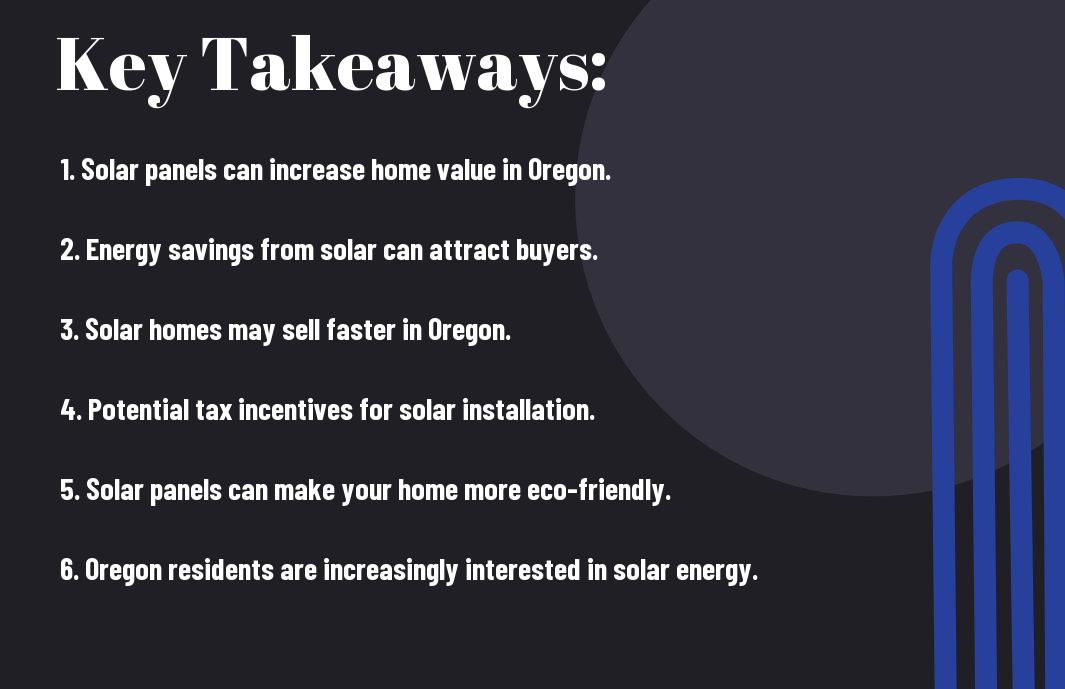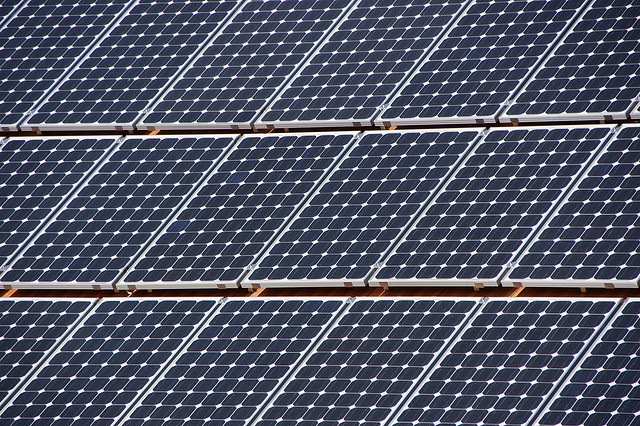Many wonder if it’s possible for your home to operate solely on solar power. In this exploration, we will explore into the feasibility of running a house entirely on solar energy. Join us as we venture into renewable energy and discover the potential of harnessing the power of the sun to meet all your household energy needs.
Key Takeaways:
- Cost-efficiency: Investing in solar panels and a battery storage system can be a cost-effective way to power a house.
- Sustainability: Running a house completely on solar power greatly reduces its carbon footprint, promoting a more sustainable lifestyle.
- Reliability: Advances in solar technology have made it possible for houses to reliably run on solar power, even during periods of low sunlight.
The Basics of Solar Power
What is Solar Power?
To harness the power of solar energy means to capture the sun’s rays and convert them into electricity or heat. Solar power is a renewable and clean source of energy that generates no pollution and reduces our reliance on fossil fuels. By installing solar panels on your house, you can directly capture sunlight and convert it into usable electricity.
How Does Solar Power Work?
One of the key components of a solar power system is the solar panels, which are made up of photovoltaic cells. These cells absorb sunlight and convert it into direct current (DC) electricity. An inverter then converts this DC electricity into alternating current (AC) electricity, which is what powers your home’s appliances and lights. Any excess electricity produced by your solar panels can be stored in batteries for use when the sun isn’t shining, or it can be fed back into the grid for credit.
This incredible process allows you to generate your own electricity from a clean and renewable source, reducing your carbon footprint and potentially saving you money on your energy bills. Solar power systems are becoming increasingly efficient and affordable, making them a smart choice for environmentally-conscious homeowners looking to take control of their energy usage.
The Benefits of Solar Power
Environmental Advantages
Any time you choose solar power for your home, you are making a positive impact on the environment. Solar energy is one of the cleanest and most sustainable forms of energy production available today. By harnessing the power of the sun, you are reducing greenhouse gas emissions, air pollution, and reliance on fossil fuels. This means you are helping to combat climate change and protect the planet for future generations.
Cost-Effective Energy Solution
Energy costs can make up a significant portion of your monthly expenses. By installing solar panels on your house, you can generate your electricity and reduce your reliance on the grid. This can lead to substantial savings on your energy bills over time. Additionally, many governments offer incentives, tax credits, and rebates for switching to solar power, making it a cost-effective investment in the long run.
Energy from the sun is free, and once you have installed solar panels, the maintenance costs are relatively low. With a lifespan of 25-30 years, solar panels can provide you with a consistent and reliable source of energy for years to come, ensuring long-term savings on your electricity bills.
Energy Independence
Benefits of having solar power include gaining energy independence. By generating your electricity, you are less reliant on external sources for your energy needs. This independence can be particularly advantageous during power outages or energy shortages. With solar power, you can store excess energy in batteries for later use, ensuring that you have a continuous power supply even when the grid is down.
Cost-effective and environmentally friendly, solar power offers you the opportunity to take control of your energy consumption and contribute to a sustainable future. By investing in solar energy for your home, you are not only reducing your carbon footprint but also securing a reliable and cost-effective source of energy for years to come.
Can a House Run Completely on Solar Power?
Many people wonder if it is possible for a house to run entirely on solar power. The answer is both yes and no, depending on various factors such as location, energy consumption habits, and the size of the solar power system installed.
Theoretical Possibilities
Solar power theoretically has the potential to meet all of a household’s energy needs. With a sufficient number of solar panels, energy storage solutions like batteries, and efficient energy usage, it is possible to run a house completely on solar power.
Real-World Examples
An increasing number of homeowners are opting for solar power as their primary energy source. Many have successfully transitioned to powering their homes with solar panels, significantly reducing or even eliminating their reliance on the grid.
This shift towards solar power is often seen as a sustainable and environmentally friendly choice, reducing carbon footprints and energy bills simultaneously.
Challenges and Limitations
However, achieving complete energy independence using solar power comes with its challenges. Factors such as inconsistent weather patterns affecting solar energy production and the initial cost of installing a solar system can be hurdles to overcome.
Any excess energy generated during peak sunlight hours needs to be stored for use when sunlight is not available, adding to the complexity and cost of the system.
Assessing Your Home’s Solar Potential
Evaluating Your Roof’s Solar Exposure
Keep in mind that the amount of sunlight your roof receives is crucial for maximizing the efficiency of your solar panels. Evaluate the orientation of your roof – south-facing roofs typically receive the most sunlight throughout the day. Additionally, consider any obstructions such as trees or buildings that may shade your roof and reduce its solar exposure.
Determining Your Energy Needs
For an accurate assessment of your energy needs, review your past energy bills to understand your household’s average electricity consumption. Take into account any future changes such as adding new appliances or electric vehicles. This information will help you determine the size of the solar power system required to meet your energy demands.
Understanding your energy needs is crucial for sizing your solar power system correctly. By knowing how much energy you use on a daily and monthly basis, you can ensure that your solar panels produce enough electricity to power your home efficiently.
Considering Local Building Codes and Regulations
On your journey to solar independence, be sure to research local building codes and regulations regarding solar panel installation. Some areas have specific requirements for permits and equipment standards that must be met to connect your solar system to the grid. Understanding these regulations will help you navigate the legal aspects of transitioning to solar power.
Designing a Solar-Powered Home
Now, let’s examine into the intricate process of designing a solar-powered home. Choosing the right solar panel system is crucial in ensuring your house runs efficiently on solar power. For this step, it’s important to consider factors like your energy consumption, roof space available for solar panels, and budget. Consulting with solar energy experts can help you select the most suitable system for your specific needs.
Choosing the Right Solar Panel System
Energy storage systems are pivotal in maintaining a consistent power supply when the sun isn’t shining. By integrating energy storage systems like solar batteries, you can store excess energy generated during the day for use during the night or on cloudy days. This ensures a reliable power source even when sunlight is scarce.
Integrating Energy Storage Systems
Energy storage systems play a vital role in increasing your energy self-sufficiency and reducing reliance on the grid. By storing excess solar power, you can optimize your energy usage and minimize electricity costs. Investing in a quality energy storage system will not only make your home more sustainable but also provide a backup power source during outages.
One key aspect of designing a solar-powered home is optimizing energy efficiency. By ensuring your home is well-insulated, using energy-efficient appliances, and implementing smart energy management systems, you can reduce overall energy consumption. This, in turn, maximizes the effectiveness of your solar panels and energy storage systems.
Optimizing Energy Efficiency
One way to enhance energy efficiency in your solar-powered home is by incorporating smart technologies like programmable thermostats and energy-efficient lighting. These upgrades can help you monitor and regulate your energy usage more effectively, further reducing your dependence on the grid. With a combination of energy-efficient practices and solar power, you can create a sustainable and eco-friendly living space that meets all your energy needs.
Overcoming Common Obstacles
All while striving for a solar-powered home, there may be some obstacles in your journey. A crucial factor to consider is the number of solar panels you might need to power your house effectively. If you are wondering about this, Wondering How Many Solar Panels You Need? Here’s a Helpful Guide.
Addressing Intermittent Energy Supply
Intermittent energy supply is a common concern with solar power systems. The sun isn’t always shining or at its peak, which can lead to fluctuations in energy production. To combat this, consider incorporating battery storage solutions into your solar system. This allows you to store excess energy generated during sunny periods for use when sunlight is scarce, ensuring a more consistent power supply for your home.
Managing Energy Storage and Backup
An integral part of running a house completely on solar power is effectively managing energy storage and backup. Investing in high-quality batteries to store excess energy is imperative, as they will provide power during nighttime or cloudy days. Additionally, having a backup generator fueled by renewable sources like biodiesel can further enhance your energy security and ensure uninterrupted power supply when needed.
Supplying your home with solar energy can significantly reduce your carbon footprint, but it may come with high upfront costs. By utilizing federal and state incentives, tax credits, and rebates available for solar installations, you can offset some of these initial expenses. Additionally, financing options such as solar loans and leasing programs can make solar power more accessible and affordable for homeowners, spreading out the costs over time.
To wrap up
After exploring the feasibility of running a house completely on solar power, you have learned about the advancements in solar technology and the potential benefits of switching to renewable energy sources. While it is technically possible for a house to run entirely on solar power with the right equipment and setup, it may require careful planning and investment upfront. However, the long-term environmental and cost-saving benefits make it an appealing option for those looking to reduce their carbon footprint and energy bills.
Q: Can a house run completely on solar power?
A: Yes, a house can run completely on solar power by installing a sufficient number of solar panels to generate enough electricity to meet the household’s energy needs. This may involve storing excess solar energy in batteries for use during the night or on cloudy days.
Q: What are the benefits of running a house on solar power?
A: Some benefits of running a house on solar power include lower electricity bills, reduced dependence on the grid, decreased carbon footprint, potential for government incentives or rebates, and increased property value.
Q: Is it possible for a solar-powered house to be completely off the grid?
A: Yes, it is possible for a solar-powered house to be completely off the grid by implementing a combination of solar panels, battery storage, and energy-efficient appliances. This setup allows the house to generate and store enough energy to meet its needs without relying on the utility grid.

